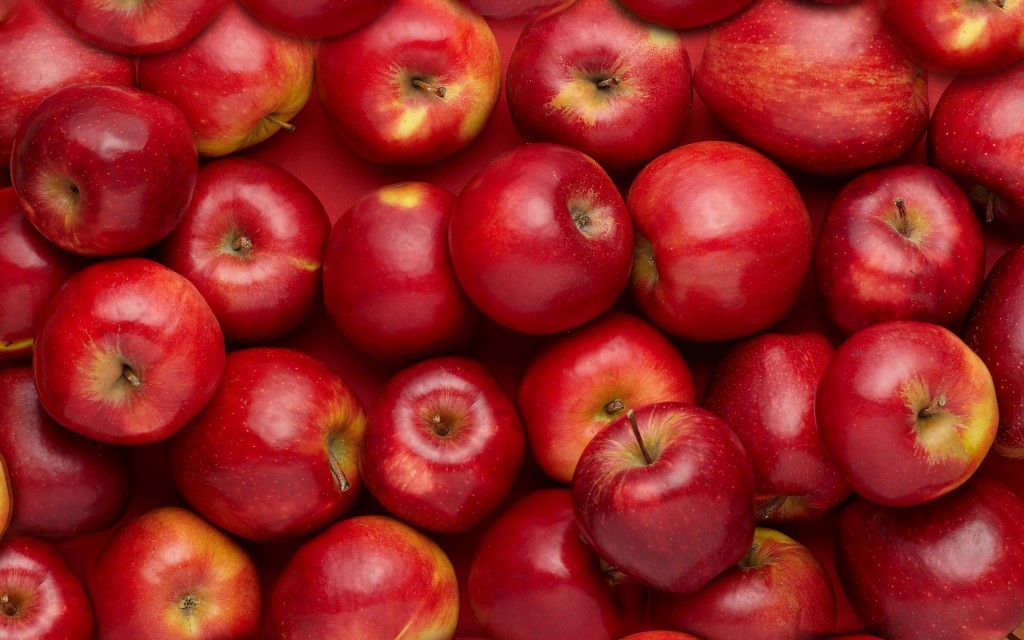Perth medical researchers who tracked a group of women for 15 years have found eating an apple every day was associated with a 35 per cent decrease in mortality.
A group of 1,456 women aged 70 to 85 were asked to regularly participate in questionnaires about their fruit intake by a team from the University of Western Australia (UWA) School of Medicine and Pharmacology.
They found that women who ate an apple every day had a 35 per cent lower risk of dying than those who did not eat apples at all.
Dr Jonathan Hodgson said the team looked at apples because they are one of the most commonly consumed fruits, along with bananas and oranges.
“They also provide a significant contribution to a number of dietary factors that are thought to be important in relation to health — dietary fibre, flavonoids and vitamins like vitamin C, potassium and magnesium,” Dr Hodgson said.
Flavonoids are a nutrient found in the skin of apples, while dietary fibre is contained in the flesh.
All fruits linked with longer life
Dr Hodgson said there could also be a link between women who eat fruit regularly living a healthier lifestyle overall.
“We attempted to account for those factors,” he said.
“There probably is an element not only of the components in the apples that are contributing, but also that apple intake is related to healthier lifestyle generally.”
While the findings focused on apples, there was evidence that suggested fruit intake of any kind would lead to better health.
This supports the Australian dietary guidelines of eating two serves of fruit (and five vegetables) every day.
“We also found that other fruit was associated with reduced risk of mortality from cardiovascular disease or cancer,” Dr Hodgson said.
“Banana was associated with reduced risk of cardiovascular disease, as was total fruit intake.
“So I would encourage apples but also other fruit as well.”

